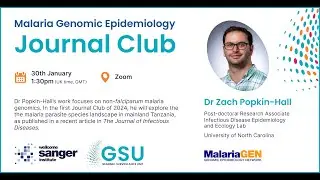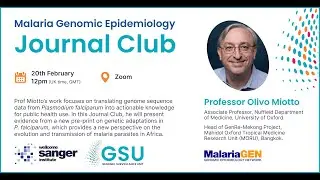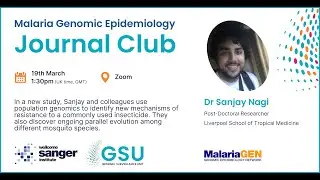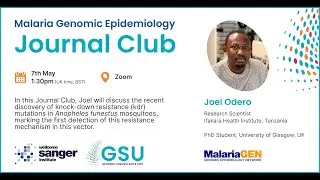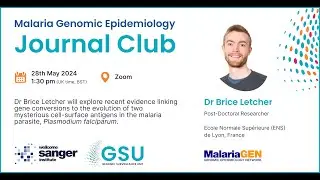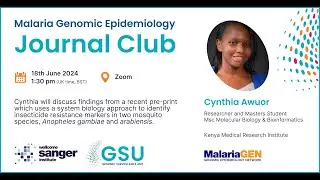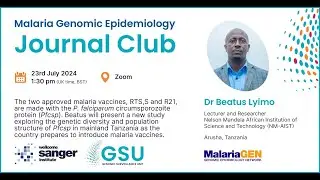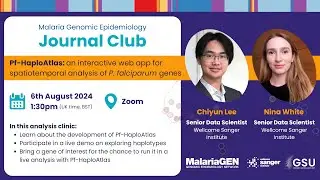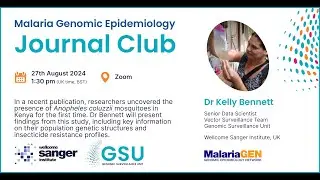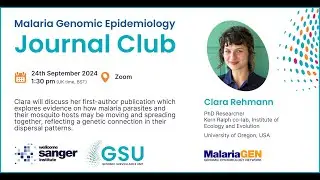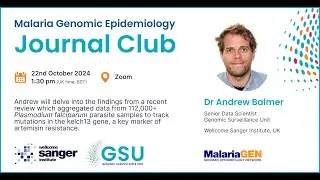Malaria Genomic Epidemiology Journal Club 2024 - Sanjay Nagi
Emerging resistance to compounds used in vector control is of major concern to malaria control programmes. In this study, researchers used a population genomic approach to identify novel mechanisms of resistance to pirimiphos-methyl, an organophosphate insecticide widely used in indoor residual spray campaigns. They discovered ongoing parallel evolution between Anopheles gambiae s.l. and the common house mosquito, Culex pipiens, and found that a gene amplification in An. gambiae in West Africa is associated with resistance to pirimiphos-methyl.
Overall, they demonstrate a striking example of parallel evolution which has important implications for malaria control programmes.
Dr Sanjay Nagi is a post-doctoral fellow studying genomics of the major malaria mosquito, Anopheles gambiae at the Liverpool School of Tropical Medicine.
A major focus of his research is the rapid evolution and spread of resistance in the major malaria vector, and how we can use population genomics to ultimately inform malaria control programmes. He enjoys developing open-source computational tools that can aid the community and empower researchers to analyse their own data.








